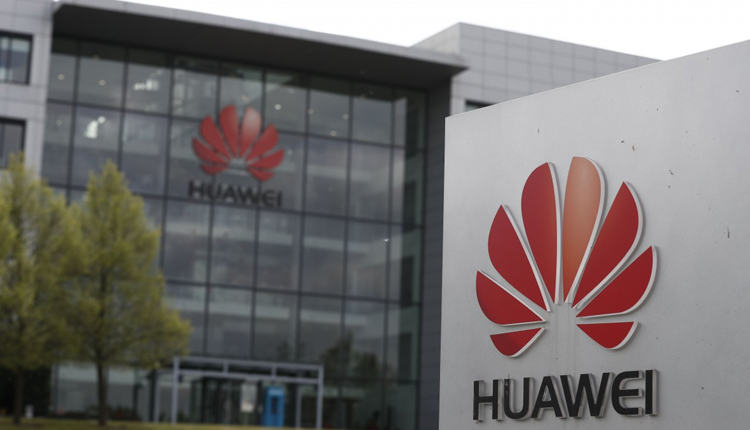The Trump administration has determined that top Chinese firms, including telecoms equipment giant Huawei Technologies and video surveillance company Hikvision, are owned or controlled by the Chinese military, laying the groundwork for new U.S. financial sanctions.
Washington placed Huawei and Hikvision on a trade blacklist last year over national security concerns and has led an international campaign to convince allies to exclude Huawei from their 5G networks.
A Department of Defense (DOD) document listing 20 companies operating in the United States that Washington alleges are backed by the Chinese military was first reported by Reuters.
The DOD document also includes China Mobile Communications Group and China Telecommunications Corp as well as aircraft manufacturer Aviation Industry Corp of China.
The designations were drawn up by the Defense Department, which was mandated by a 1999 law to compile a list of Chinese military companies operating in the United States, including those “owned or controlled” by the People’s Liberation Army that provide commercial services, manufacture, produce or export.
The Pentagon’s designations do not trigger penalties, but the law says the president may impose sanctions that could include blocking all property of the listed parties.
Huawei, China Mobile, China Telecom, AVIC, and the Chinese Embassy in Washington did not respond to requests for comment.
Hikvision called the allegations “baseless,” noting it was not a “Chinese military company,” and had never participated in any R&D work for military applications but would work with the United States government to resolve the matter.
The Pentagon has come under pressure from lawmakers of both U.S. political parties to publish the list, amid rising tensions between Washington and Beijing over technology, trade and foreign policy.
Last September, top U.S. Senate Democrat Chuck Schumer, Republican Senator Tom Cotton and Republican Representative Mike Gallagher penned a letter to Defense Secretary Mark Esper raising concerns about Beijing’s enlisting of Chinese corporations to harness emerging civilian technologies for military purposes.
“Will you commit to updating and publicly releasing this list as soon as possible?” they asked in the letter.
On Wednesday, Cotton and Gallagher praised the DOD for releasing the list and urging the president to impose economic penalties against the firms.
The White House did not comment on whether it would sanction the companies on the list, but a senior administration official said the list can be seen as a useful tool for the U.S. Government, companies, investors, academic institutions, and likeminded partners to conduct due diligence with regard to partnerships with these entities, particularly as the list grows.
The list will likely add to tensions between the world’s two largest economies, which have been at loggerheads over the handling of the coronavirus pandemic and China’s move to impose security legislation on Hong Kong, among multiple points of friction that have worsened this year.
Last week, China threatened retaliation after President Donald Trump signed legislation calling for sanctions over the repression of China’s Uighurs.
The list “is a start, but woefully inadequate to warn the American people about the state-owned and -directed companies that support the Chinese government and Communist Party’s activities threatening U.S. economic and national security,” Republican Senator Marco Rubio, who sponsored the Uighur bill, said in a statement.
SPOTLIGHT ON U.S. TIES
The list will also turn a spotlight on U.S. companies’ ties to the Chinese firms as well as their operations in the United States.
In 2012, U.S.-based General Electric Co set up a 50/50 avionics joint venture with AVIC known as Aviage Systems, to supply equipment for China’s C919 passenger jet.
The Defense Department list also includes China Railway Construction Corp, China Aerospace Science and Industry Corp (CASIC), as well as CRRC, the world’s largest maker of passenger trains, which has clinched contracts in Boston, Philadelphia, Chicago and Los Angeles by underbidding rivals.
The companies did not immediately respond to requests for comment.
Many of the firms listed are already in the crosshairs of U.S. regulators. The blacklisting of Huawei and Hikvision has forced some of their U.S. suppliers to seek licenses before selling to them.
In April, the U.S. Justice Department and other federal agencies called on the Federal Communications Commission to revoke China Telecom (Americas) Corp’s authorization to provide international telecommunications services to and from the United States. The telecoms regulator rejected a similar request by China Mobile last year that had been pending for years.
